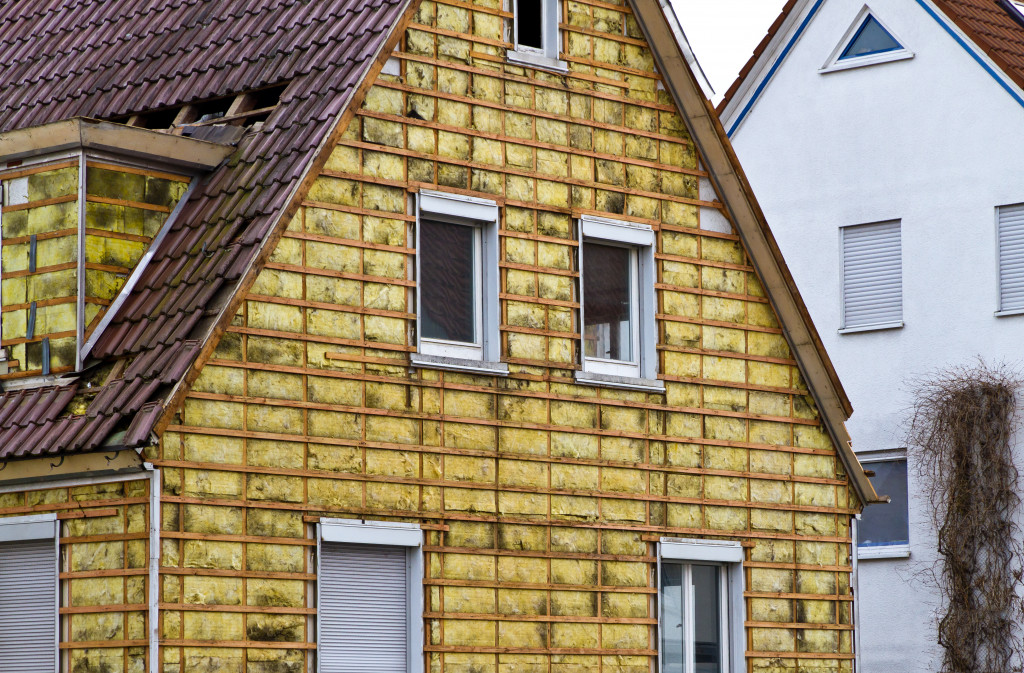There is something about restoring an ancestral house that seems to bring a family closer together. Perhaps it is the shared experience of working on a common goal or the knowledge that this house has been in their family for generations. Whatever the reason, restoring an ancestral house can be a very rewarding experience.
If you are thinking of restoring your ancestral house, here are some tips to help you get started:
- Make sure everyone is in favor of the restoration project
- Choose a reputable contractor
- Research your house’s history
- Preserve as much of the original architecture as possible
- Refer to building codes
- Consider hiring a specialist for your restoration project
- Prepare for the costs
- Choose the right time to start your ancestral house restoration project
Make sure everyone is in favor of the restoration project
If even one family member does not want to restore the house, everyone will resent them, and tensions may arise. Make sure everybody is on the same page to avoid conflicts.
Figure out how much money you have to spend on the restoration. This is a difficult task, and it can be very stressful trying to raise funds for such an undertaking. One way around this is to carry out the restoration in stages so that you don’t have to come up with all the money at once. Talk to the family members and see if everybody can contribute financially.
Choose a reputable contractor
When restoring an ancestral house, the most important thing is to choose a reputable contractor. This is someone who will be able to handle the project properly and understand the importance of preserving the house’s historical integrity.
Research your house’s history
Since the house has been in your family for generations, you are probably aware of much of its early history. However, it is worth taking some time to research your house’s history further, as this may reveal additional information about the house, which will be important in restoring it. For example, if one of your ancestors was a prominent figure in the community, this may be reflected in the house’s architectural details.
Preserve as much of the original architecture as possible
It is important to preserve as much of the original architecture as possible when restoring an ancestral house. This may require some careful planning and coordination with the contractor, but it is well worth the effort. In addition, you may find that it is possible to add some modern amenities without compromising the house’s historical integrity.
Refer to building codes

When restoring an ancestral house, it is important to make sure that you adhere to all applicable building codes. This may seem like a daunting task, but it is important to remember that the safety of your family is at stake.
Consider hiring a specialist for your restoration project
If your ancestral house is old or has significant historical value, you may wish to hire a specialist for your restoration project. For example, you might hire an expert in period painting to repair the interior woodwork or hire someone specializing in making period tiles for your kitchen floor. Whatever you choose, the key thing is to ensure that you take your house’s historical significance into account when restoring it.
Prepare for the costs
Restoring an ancestral house can be a costly endeavor, but there are ways to minimize the expense. One way is to do as much of the renovation work as possible yourself. This not only saves money, but it can also be a fun and rewarding experience.
Another way to save money is to seek out grants and renovation loans specifically for restoration work. This will allow you to significantly offset the renovation costs, though it can be a time-consuming process.
Possible sources of funds include:
* Home improvement loan offered by some banks
* Government Grants for home renovation
* Grants for Renovation of Historical house
* Home equity loans
* Personal savings or family contributions
Choose the right time to start your ancestral house restoration project
One important thing to consider before starting your ancestral house restoration project is the time of year. Ideally, you want to start when the weather is good, and there is not too much work to be done outside. This will help minimize the disruption to your daily life.
Additionally, you will want to avoid starting the project during important family events, such as weddings or funerals. This is because of the disruption it will cause and because it may be emotional for some family members to see the house being renovated.
Restoring an ancestral house can be a very rewarding experience for the family members involved in the project and the community. By preserving an important piece of history, we ensure that future generations will appreciate and learn from it. In this way, restoring an ancestral house is not just about repairing a building structure but restoring a piece of the past to ensure its preservation for future generations.





